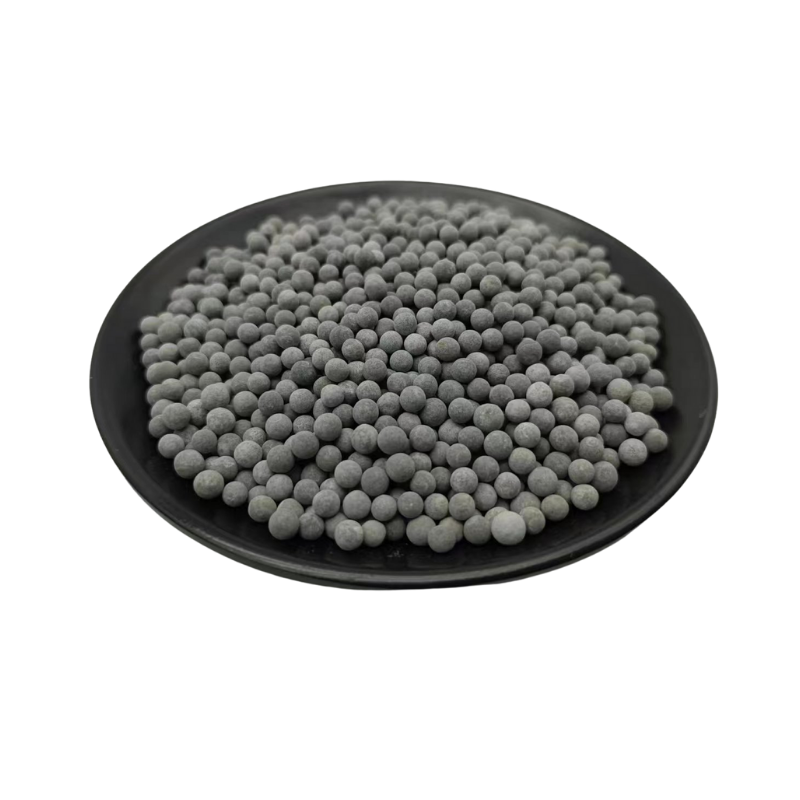
The Benefits and Applications of Using Powdered Hydrated Lime in Various Industries
Understanding Powdered Hydrated Lime Properties and Applications
Powdered hydrated lime, also known as calcium hydroxide (Ca(OH)₂), is a versatile and essential chemical compound used across various industries. Produced by the hydration of quicklime (calcium oxide), powdered hydrated lime possesses distinct properties that make it valuable in construction, water treatment, agriculture, and more. This article will delve into the characteristics, benefits, and applications of powdered hydrated lime.
Properties of Powdered Hydrated Lime
Powdered hydrated lime is a fine, dry powder that appears white or off-white in color. It has a high pH, making it a strong alkaline substance. One of its most significant properties is its ability to react with carbon dioxide (CO₂), forming calcium carbonate. This characteristic is critical in applications where stabilization or soil improvement is necessary. Additionally, powdered hydrated lime has excellent solubility, allowing it to integrate well with various materials, ensuring effective reactions and benefits.
Applications of Powdered Hydrated Lime
1. Construction Industry In construction, powdered hydrated lime is a key ingredient in the production of mortars, plasters, and cement. It enhances the workability and durability of these materials, providing better adhesion and flexibility. The presence of lime also helps in the carbonation process, leading to stronger and more resilient structures over time.
powdered hydrated lime

2. Water Treatment Powdered hydrated lime plays a pivotal role in the treatment of drinking water and wastewater. It helps in adjusting the pH levels of water, making it less acidic and more palatable. The addition of hydrated lime can precipitate impurities and heavy metals, aiding in their extraction and ensuring cleaner water for consumption and environmental release.
3. Soil Stabilization and Agriculture In agriculture, powdered hydrated lime is beneficial for soil stabilization. It raises the pH of acidic soils, promoting the availability of essential nutrients for crops. By enhancing the soil structure, lime improves aeration and drainage, leading to healthier plant growth. Farmers often use it to treat overly acidic soils, ensuring optimal conditions for various crops.
4. Industrial Uses Beyond construction and agriculture, powdered hydrated lime finds applications in various industries, including pulp and paper, steel manufacturing, and chemical production. It is used as a neutralizing agent in the production of sugar and as a filler in rubber manufacturing. Its effectiveness in controlling acidity makes it invaluable in numerous processes.
5. Environmental Applications Hydrated lime is also utilized in environmental applications such as flue gas treatment, where it helps in removing sulfur dioxide emissions from power plants. Additionally, it assists in the stabilization of hazardous waste, rendering it less toxic and facilitating safer disposal.
Conclusion
In summary, powdered hydrated lime is a crucial compound with a wide range of applications that significantly contribute to several industries. Its unique properties, including its alkalinity, solubility, and reactivity, make it an essential material for construction, water treatment, agriculture, and environmental management. As industries continue to evolve, the demand for powdered hydrated lime is likely to remain strong, supporting sustainable practices while enhancing the quality of products and processes globally. Whether it’s improving soil health or ensuring the reliability of construction materials, powdered hydrated lime stands out as a fundamental component in advancing both industrial and environmental goals.
Share
-
Fly Ash Solutions Enhanced by GPT-4 Turbo | Sustainable InnovationNewsAug.01,2025
-
Natural Premium Bentonite Cat Litter - Superior ClumpingNewsJul.31,2025
-
Premium Resin Coated Sand - High Heat Resistance CastingNewsJul.31,2025
-
High Quality Silicon Carbide Grit for Abrasive ApplicationsNewsJul.30,2025
-
High-Quality Ceramsite for Plants & Gardening | Lightweight PebblesNewsJul.29,2025
-
Premium Burgundy Glass Marbles for Vases & Shooter GamesNewsJul.29,2025






